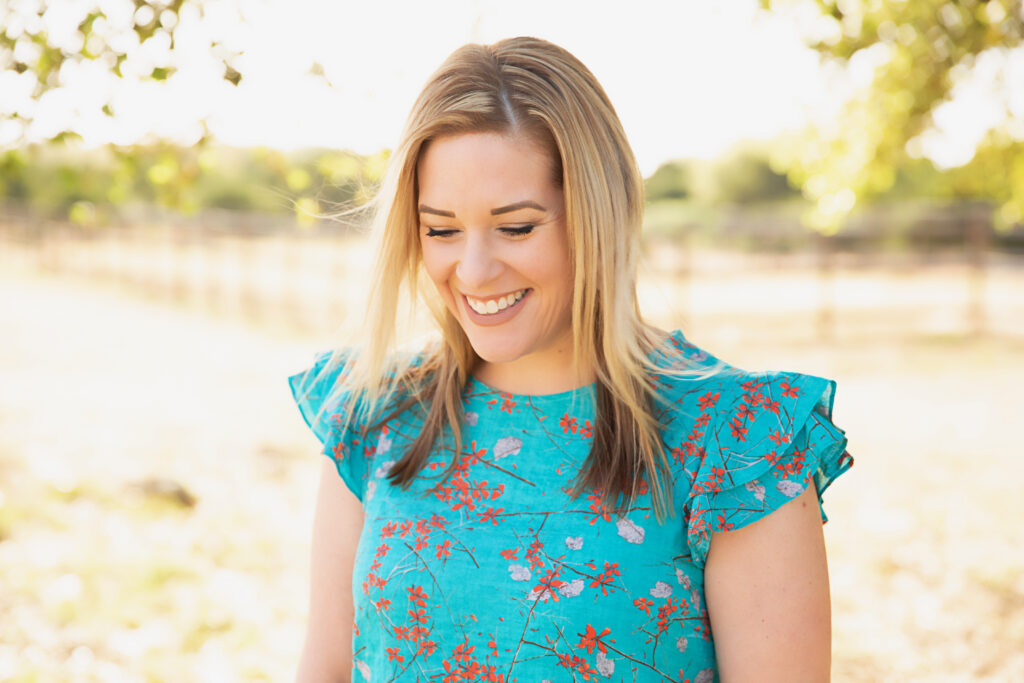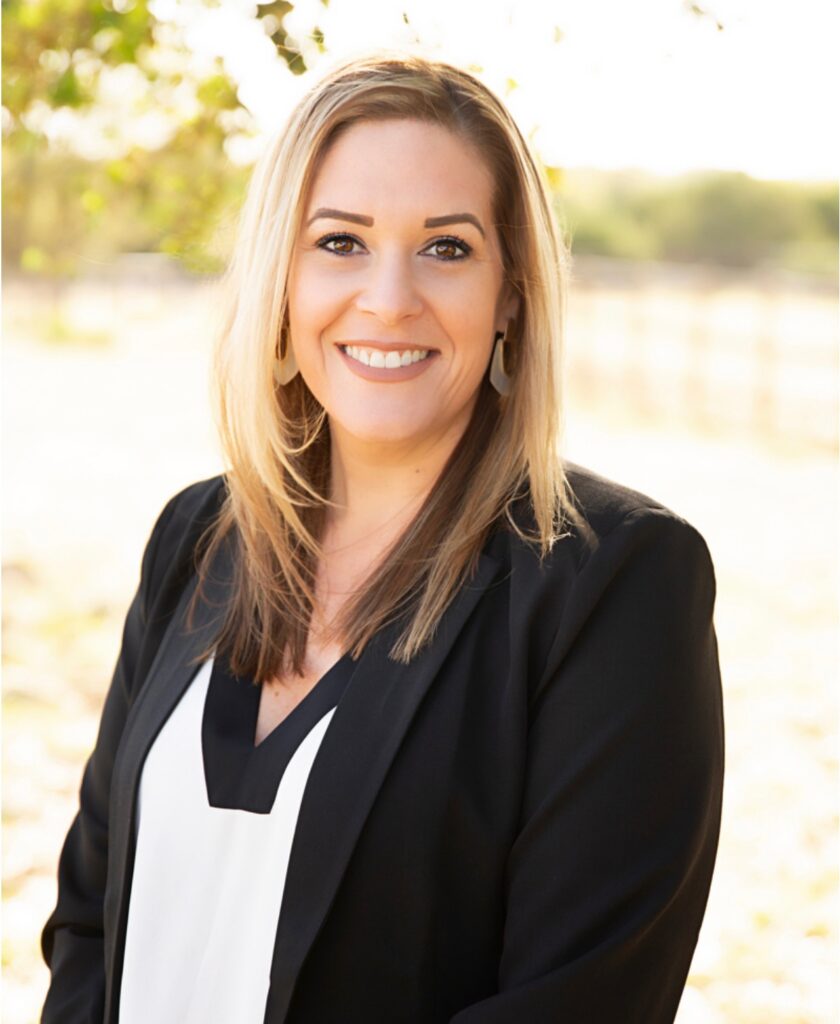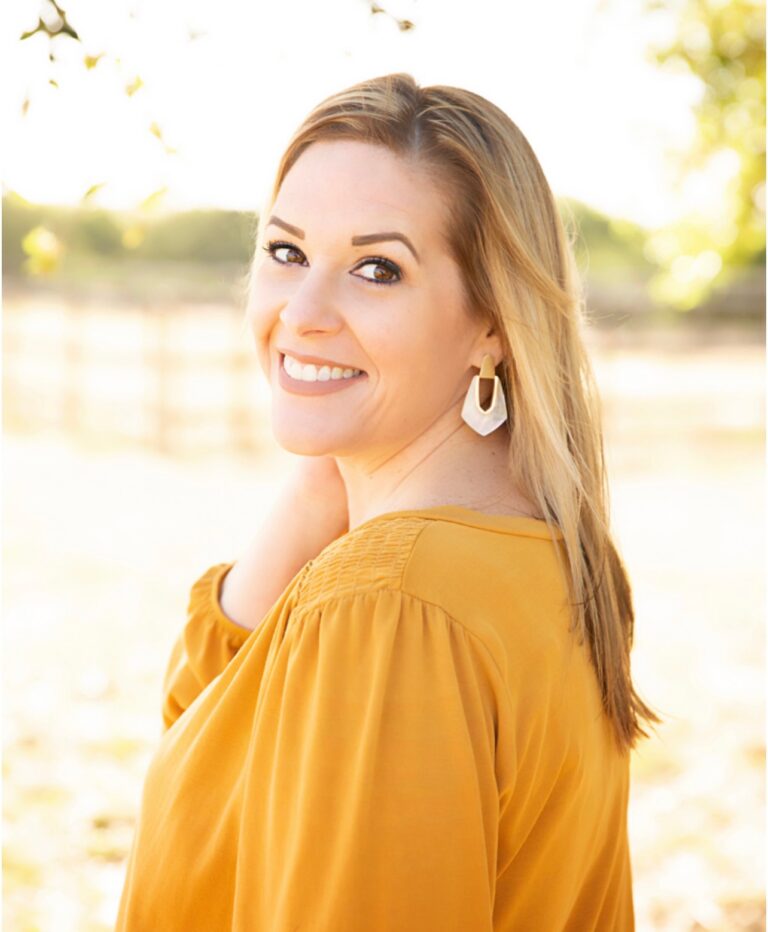I grew up in a tiny town in North Texas called Tom Bean. I loved the small community feel but always knew I wanted to move away and that’s how I ended up at UT Austin for school. Having grown up in a small town, UT was pretty overwhelming. I remember walking into my first Psych class and there were more people in attendance for that class than there were in my entire home town; I was dumbfounded. When I was there, I was pre-law and I had the idea I was going to be this topnotch courtroom attorney. I began going to practices the UT mock trial team had, just to observe and honestly, it was pretty awful. I found out I hated the law, but I also found out what I did like. My original idea was that I would be a family attorney and I realized that it was that mediation process that really excited me. So I got out of all my government classes and into psychology ones and I just fell in love with it.
After graduation, I went to work at an inpatient unit near my hometown. My father was very sick with cancer, so I didn’t have the ability to go wherever I wanted to. The job was what I call the boot camp of mental health, where you started with the basics and worked your way up but it was an incredible learning experience. After my dad died, I started looking for other job opportunities and that’s when the army came into play. They were looking for a therapist and I wanted to do something different, so I ended up at the Brooke Army Medical Center (BAMC) working with active duty service men and women. During the first few weeks I felt like I didn’t even speak the same language. I carried a notebook and asked everyone what the acronyms meant. At night I’d go home and Google everything to try and figure it out. It was a giant learning curve, but the military ended up being something I became passionate about and I stayed for 10 years. Eventually, I fell into managing the highest risk patients for suicide and homicide in the mental health clinic.
The stigma regarding mental health in the military is absolutely real because sadly, it can threaten your career. I hate that that is the case because it can create pause in people seeking the care they need but it’s true. If it is determined that an individual cannot perform their assigned duties in the military (which includes stability to deploy) then that could have negative impacts on their career long term.

Honesty and sincerity are the best ways I’ve found to tackle that issue. I believe that what’s more effective than any skill that can be taught therapeutically is human connection. Connection of a patient to their therapist is the absolute best indicator for success in treatment than almost anything else. Building that rapport and having a really good connection with your patient allows them to trust you, and trust the process. If they let go of the idea of that stigma and are able to trust a little more, the work goes so much smoother and the outcomes are so much greater.
I do my best to explain that there are challenges associated with doing trauma work but if they are willing to face those, there can be significant progress and increased quality of life also.
But trauma is only one piece of their lives. They still have a marriage, kids to care for, or school they’re trying to pursue. They have all the regular stressors that most people deal with that may take them to therapy without any kind of trauma. The beautiful thing for me is that I don’t have to just look at their acute trauma. I get to look at that piece but then I also get to look at all of the other pieces and take a really holistic approach to treating the patient. I feel like every part of our environment impacts us. So when I say holistic, I mean everything from what we eat, what we read, and how we exercise to what we watch and read on social media, to the people we surround ourselves with.
At a certain point, I met with several of my other colleagues and we decided that we needed an intensive outpatient program. However, we didn’t have any of the resources to do it. We were trying to find access to care for these service members because we were so taxed with the workload and didn’t have the ability to help to the extent we wanted. We put together all of our group rooms and essentially created a mini intensive outpatient program that we had in our own clinic. It was an incredibly successful program and that is what I spent a great deal of my time at BAMC doing; providing acute stabilization and trauma focused treatment to these incredible individuals.
I worked for the military exclusively until about 3 years ago when my husband and I started a family. As a new mom, I decided that I needed a little more flexibility in my life and wanted more control over my schedule, so I went into private practice. My work now is not hugely different in the sense that I’m still treating trauma in the same way but I’m not solely treating the highest risk patients contemplating suicide, homicide, or things of that nature. Now I’m also able to help people with depression, anxiety, and marital or family struggles. My client population is much more diverse now, but how I treat trauma hasn’t changed.
The obvious challenge to doing this kind of work is hearing the terrible things that happened to these incredible people who were fighting for us and our freedom. Having to leave that at home, create a work-life balance, and still manage to take care of myself and my family are all challenges that I face in that role. The rewards are much fewer and far between, but it is so satisfying to see your patient accomplishing goals. From the soldier who is now able to go grocery shopping to being able to drive to work by themselves, there’s an incredible amount of satisfaction in the small wins

For more information on Lindsey’s practice, visit her practice website here.
Story: Allison Vasak
Photographs courtesy of Lindsey Best

